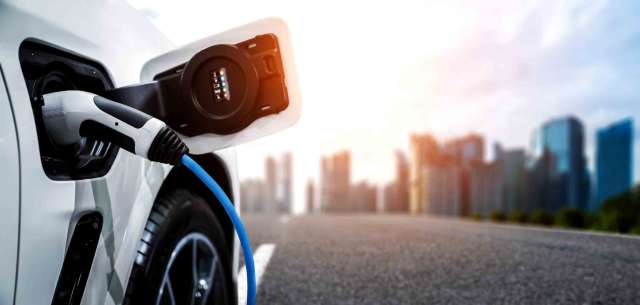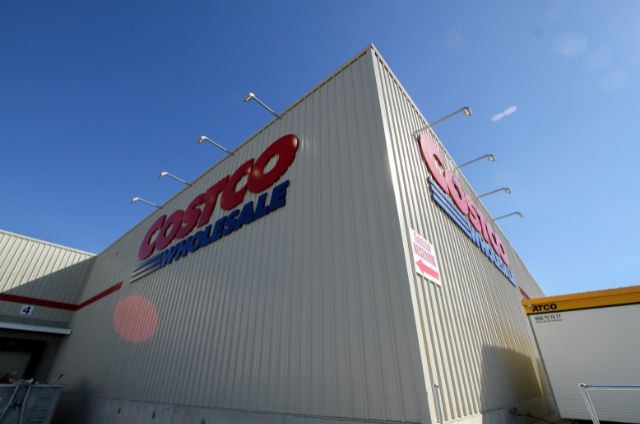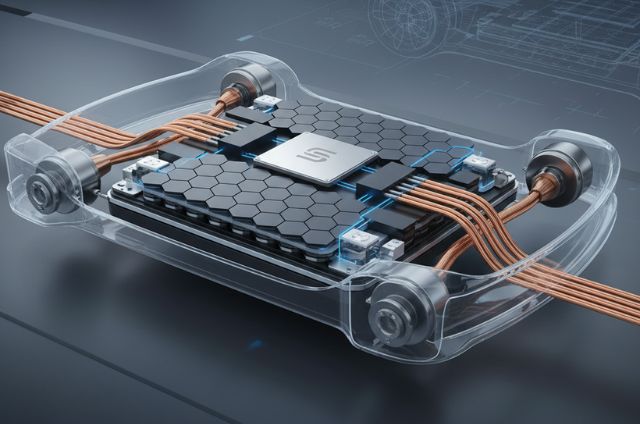When considering an electric vehicle, one of the most crucial factors to weigh is the cost of charging. In Massachusetts, where the average electricity rate is about 34¢ per kWh, the cost of fueling your EV at home can feel like a toss-up compared to traditional gasoline. However, charging at public stations might not always be the bargain it appears to be. Let’s explore the real financial comparison and the hidden costs of public charging in Massachusetts.
Home Charging: A Convenient Option
If you’re driving about 10,000 miles per year in Massachusetts, your annual electricity cost for charging an EV is likely to be around $930. For context, you’d spend about $1,000 on gasoline for a typical sedan, assuming $3.25 per gallon and 27 miles per gallon fuel economy. But, while the numbers look similar, the convenience of charging at home cannot be overstated. Not having to find a public charging station means you can charge your car overnight, avoiding the hassle of waiting in line or looking for an available charger.
The Hidden Cost of Public Charging
Charging at public stations can add up quickly. In Massachusetts, rates for public charging vary significantly. For example, Level 2 chargers typically cost around 25¢ to 34¢ per kWh, while more rapid Level 3 chargers can be even more expensive, ranging from 45¢ to 70¢ per kWh. This means that using a public charger regularly could cost more than charging at home. Additionally, depending on the time of day and your location, some public charging stations may also incur additional fees, particularly in high-demand areas.
Is Public Charging Really Worth It?
While some Massachusetts public chargers, such as those in municipal lots, may offer rates as low as 25¢ per kWh, many others are priced higher, making home charging a better long-term option. Plus, using public chargers frequently could add more wear and tear on your car’s battery. Many EV owners find that public charging is only a viable option for long road trips or when they don’t have access to home charging.
Incentives and Programs to Consider
Massachusetts does offer some incentives for EV owners, such as discounted rates for off-peak home charging through programs like the Community Choice Electricity (CCE) initiative in Boston. These programs can lower your overall electricity bill and make home charging even more attractive.
Conclusion: Charging at Home is the Winner
For most EV owners in Massachusetts, charging at home is not only more convenient but also more cost-effective. While public charging stations may offer cheaper rates in some cases, the savings are minimal, and the convenience of home charging cannot be matched. If you’re planning to purchase an EV in the next few months, it’s wise to consider home charging as your primary fueling option to maximize savings and minimize inconvenience.



